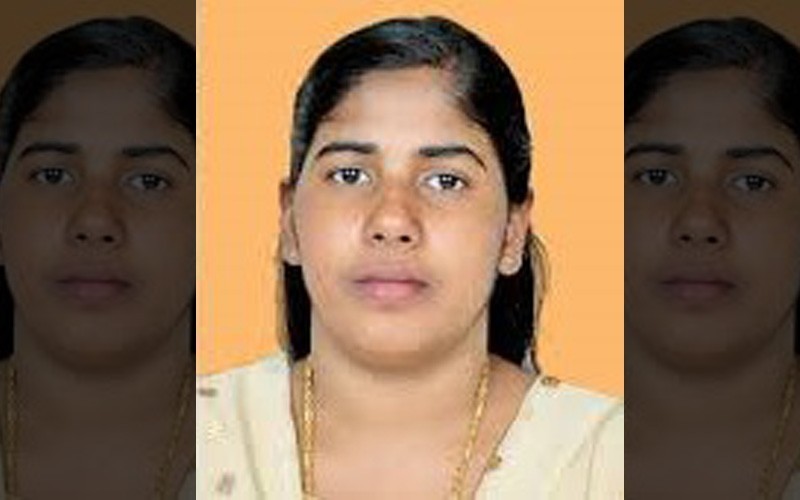
The family members of the Yemeni man who was killed by death row convict Nimisha Priya have made it clear that they would not settle for anything less than the death of the Indian-origin nurse, dashing her hopes for a pardon from execution.
According to reports, the family members have put forth the demand of the ‘God’s Law in Qisas’ (retribution).
Nimisha Priya, whose execution was set to be held in Yemen on Wednesday, has been postponed following detailed negotiations.
The only way the nurse could be saved now is if the victim’s family members pardon her.
Yemen’s Islamic judicial system, known as Sharia, is offering a last hope where she could secure a pardon from the victim’s family by offering them diyah or blood money.
Her relatives and supporters told BBC that they have raised USD 1m and offered it to the victim’s family.
“We are still trying to save her. But ultimately the family has to agree for pardon,” Babu John, a member of the Save Nimisha Priya International Action Council, told the British media last week.
The victim’s family have clarified that they would not reach any settlement to pardon Nimisha.
“Our stance on the attempts at reconciliation is clear; we insist on implementing God’s Law in Qisas [retaliation in kind], nothing else,” the victim’s brother, Abdelfattah Mahdi, told BBC Arabic on Monday, before the execution was postponed.
He added that his family had suffered “not only from the brutal crime but also the long, exhausting litigation process in a horrible and heinous but obvious crime case”.
“We feel sorry to see the attempts to distort the truth, especially from the Indian media that portrays the convicted as a victim, to justify the crime. And we say it clearly that they are aiming to influence public opinion,” he said.
“Any dispute, whatever its reasons and however big, can never justify a murder – let alone dismembering, mutilating and hiding the body,” he said.
The Centre on Monday said it had exhausted all its options to prevent the execution of Nimisha, who has been sentenced to death by Yemen.
“It is unfortunate… there is a point till which we can go (and) we have reached that,” Attorney General R Venkataramani told the Supreme Court as quoted by NDTV.
“There is not much the Government of India can do,” the Attorney General told the court and added as quoted by the broadcaster, “We tried whatever was possible… we tried our best without going very public about it.”
“It is unfortunate. But there is a limit to the functions of a government.”
The case of Nimisha Priya
Nimisha Priya, who hails from Kerala, was found guilty of murdering a Yemeni national in 2017.
She moved to Yemen in 2008 to support her parents. After working in several hospitals, she eventually opened her clinic. She came in contact with Talal Abdo Mahdi in 2014 for her clinic, as rules in Yemen required partnership with a local to start a business.
She then had a fallout with Mahdi, and she filed a complaint against him after which he was arrested in 2016, but he was later released from jail and allegedly continued to threaten her.
Nimisha’s family claimed that she had allegedly injected Mahdi with sedatives to retrieve her confiscated passport. However, an overdose led to his death. She was arrested while attempting to flee the country and was convicted of murder in 2018.
She is currently lodged at a prison in the Yemeni capital Sanaa.
The capital city is currently under the control of Iran-backed Houthis.
What is Qisas?
As per Yemen’s Islamic legal system, the Qisas allows the victim’s family to seek retribution. It typically stands for the death penalty in case of a murder.


